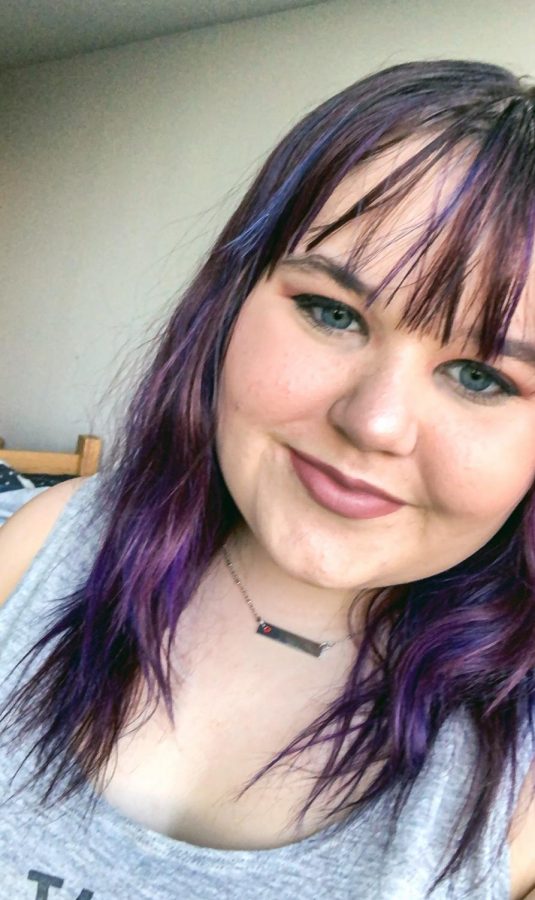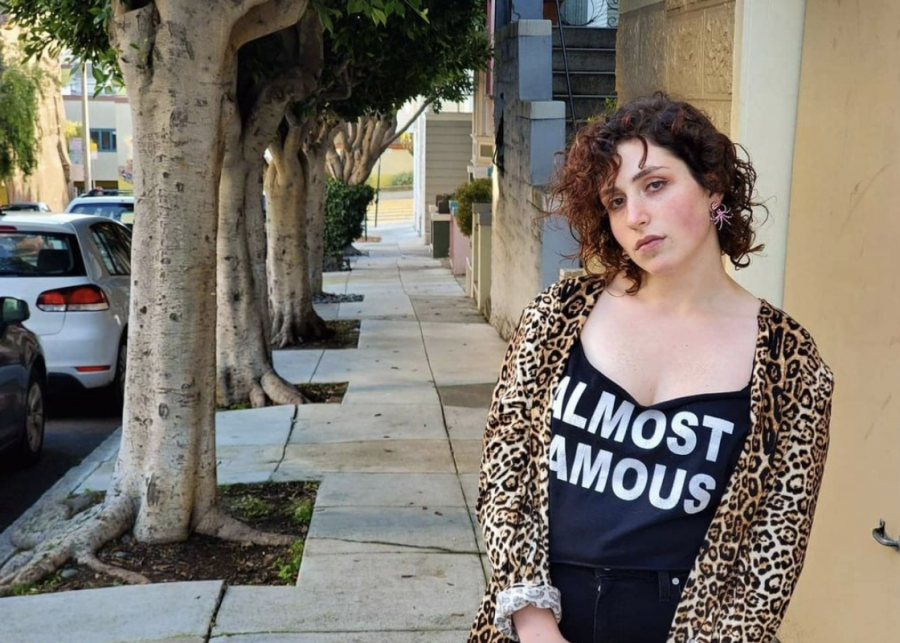For four days in September, off-campus student Devin Davis-Lorton received little communication from the college after testing positive for COVID-19. Only after sending 49 emails to the Office of Student Success were they supplied with a $150 voucher for groceries and a single delivery of Thai food to last their entire mandated ten-day isolation.
Davis-Lorton, a senior performing arts major, tested positive after returning to Boston from Mount Kisco, New York, at the start of the fall semester. A contact tracer from the Tufts Medical Center told them to isolate for 10 days in their Boston apartment. Their three roommates, all of whom are Emerson students, were told to quarantine for 14 days—none of Davis-Lorton’s roommates ever tested positive.
“It was a very terrible experience,” Davis-Lorton said in a phone interview. “On Sep. 1, I got my positive test back—we didn’t have groceries, we couldn’t leave the apartment to go get anything, and I didn’t have my textbooks for class.”
On-campus student Carolyn Hibbert, who was isolated in the Paramount residence hall for 11 days after testing positive for the virus on Jan. 23, said the college is doing “everything right.” Hibbert tested positive on her baseline test at the Tufts Medical Center after returning from California, but was asymptomatic. She said Emerson cares effectively for students on campus with the virus.
“They’ve been really helpful,” the first-year journalism major said. “They make sure they deliver three meals a day, and I’ve got all the stuff I need. It’s not my favorite thing on the planet, but they’re doing a really great job here. I would have liked a little more communication about things such as laundry. Other than that, they were great.”
When students who live off-campus test positive for COVID-19 through Tufts Medical Center, they receive a phone call from a contact tracer telling them to self-isolate in their residence, regardless of if they have roommates. College officials then give them information about food delivery options and connect them to other resources.
On-campus students, on the other hand, are similarly contacted by a contact tracer, but most are swiftly moved into isolation in the Paramount residence hall on Washington Street. Students who are living in “single occupancy spaces with sole access to a bathroom,” like resident assistant spaces or rooms at the W hotel, are allowed to quarantine or self-isolate in their own space, according to the college’s website.

In the Paramount Building, students receive a bedroom and a bathroom to themselves to minimize the risk of infecting roommates or suitemates. They also receive delivered meals three times a day.
Though Davis-Lorton’s experience happened early in the college’s reopening period, when the protocols were first put in place, the difference in the ways the college treats on- and off- campus students who test positive is striking, they said.
“On-campus students are different,” they said. “On-campus students are brought to self-isolation in Paramount and given three meals a day, but we weren’t able to buy groceries for five days.”
Food, Davis-Lorton said, was their main concern. Since the four roommates moved into their off-campus apartment the day before receiving Davis-Lorton’s positive test, they had not yet gone grocery shopping and were left in quarantine without much food. Because their isolation prevented Davis-Lorton from going to their job at Starbucks, they said the group’s collective income was diminished—precluding food delivery from services like Instacart as a viable option. They finally received Thai food from the college at 11 p.m., five days after their isolation began.
Davis-Lorton said they fell behind on their schoolwork and were forced to seek the aid of an Emerson professor they contacted online to pick up their textbooks from campus.
“I had missed so many assignments that I had to make up the week that I got back from [isolation]—it was unreal,” Davis-Lorton said. “I wasn’t able to access any of Emerson’s resources, and it really made me think that Emerson doesn’t really have those resources that we would need to actually respond to people who are off-campus and have COVID.”

Despite Davis-Lorton’s claims of negligence, the college maintains support is given to all off-campus students who request it.
Carol Smolinsky, the director of the Office of Student Success, said assistance is available for off-campus students who state their needs.
“When students are contacted to inform them of their need to quarantine or isolate, they are asked if they have any needs they are most concerned about related to this new restriction on their ability to move about,” Smolinksy wrote in an emailed statement to The Beacon.
Smolinsky said if a student mentions financial burdens or food insecurity caused by their isolation or quarantine to the contact tracer, they are referred to the Office of Student Success, who then works with that student to determine if they are eligible for funds from the CARES Act or the Student Assistance Fund.
“It all depends on what the student needs and what the most accessible way of getting them assistance is,” Smolinsky said. “Some students, for example, might only request help with a couple of meals, while others might request longer-term support. Each situation is unique, and we tailor the support to the situation.”
Davis-Lorton, who reached out to the Office of Student Success on their own after testing positive, said they felt that they and their roommates fell through the cracks of the college’s bureaucracy, lacking accessible information and protocols.
“[Emerson said], ‘In the future we will be working towards initiatives to give off-campus students food,’” they said. “And I’m like, ‘I am an off-campus student who is hungry and not able to get food.’”
Due to the health risks posed by the pandemic, the college’s food access initiatives, like the food pantry, are operated at a reduced capacity.
Though Davis-Lorton described being left to fend for themself for nearly a week, Hibbert spoke of a positive and responsive experience in the Paramount residence hall.
“It’s nice,” Hibbert said. “They’ve got everything set up when you walk in—sheets and stuff and towels—and they give you an instruction booklet that you can read through. They give you an emergency exit [card] in case there is some sort of emergency, so you know how to exit properly. They deliver your mail once a week and a snack pack once a week, on top of the food they give you every day.”